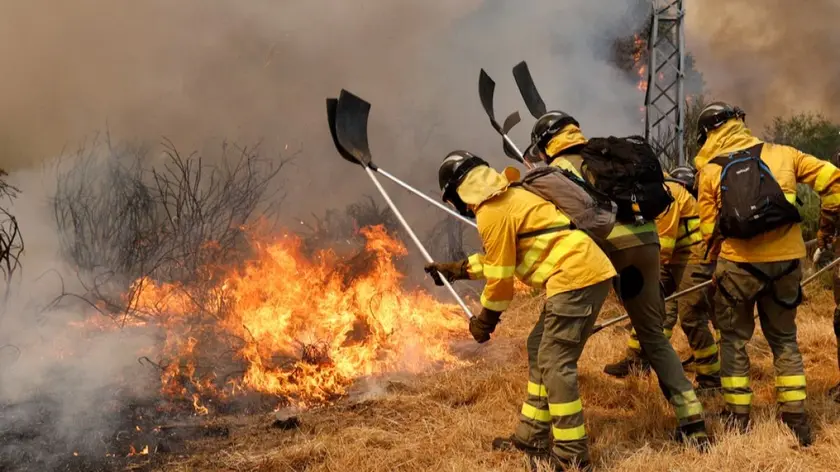T4K3.news
Spain to push climate pact after wildfires
Prime Minister Sánchez links fires to climate change and outlines plan for a state-led, non-partisan response.
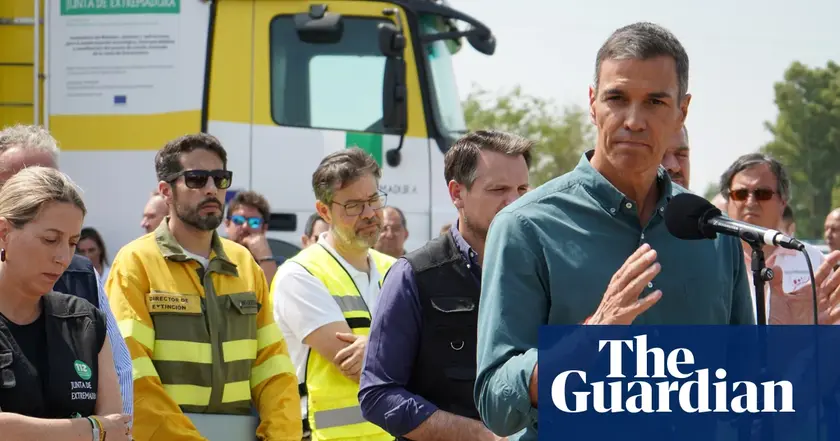
Spain's prime minister links deadly wildfires to a growing climate emergency and calls for a non-partisan, state-led response.
Spain faces climate pressure as wildfires intensify
The wildfires have scorched about 382,000 hectares across Spain and claimed four lives as a 16-day heatwave fanned the flames. Firefighters remain on the front line while authorities monitor blazes in Extremadura and other regions. In parallel, Spain's public health institute links the heatwave to 1,149 excess deaths recorded in early August, underscoring the human toll of climate-related extremes. Across the border in Portugal, thousands of firefighters also fight fires with dozens of casualties and hundreds of thousands of hectares burned.
Prime Minister Pedro Sánchez used a visit to Extremadura to frame the crisis as evidence that the climate emergency is worsening and becoming more recurrent. He urged a non-ideological response and promised to outline a comprehensive plan, including a push for a state pact that would bind institutions beyond a single government term. Opposition voices from the PP criticized the plan as a political smokescreen and urged more immediate action and resources, arguing that steps like sending more troops and investing in prevention should come first. Police reported 32 arson arrests since June, with 93 people under investigation, highlighting ongoing security concerns amid the fires.
Key Takeaways
"The climate emergency is getting worse and more recurrent each year, and the effects of that emergency are accelerating each year."
Sánchez on climate trends
"We need to readjust and recalibrate both our response and prevention capacities."
Sánchez on policy changes
"State pacts don’t put out the flames, nor do they restore what’s been lost."
PP critique of plans
"If the climate emergency is getting worse each year, we need to move beyond legislatures and turn climate emergency policies into state policies that bind all institutions."
Sánchez on governance
Spain’s firefight has become a testing ground for how governments translate climate warnings into durable policy. The call for a state-wide pact reflects a push to move climate resilience beyond election cycles, but it also raises questions about how such a pact would be funded and overseen across regions with different political leadership. If the plan can survive partisan scrutiny, it could set a template for coordinated prevention, emergency response, and public health measures that last beyond the next vote. The crisis also shows the need for regional cooperation, given fires spread across the Iberian peninsula and into Portugal, signaling that climate adaptation is a shared risk rather than a purely national issue. The real test will be translating rhetoric into reliable funding, staffing, and equipment that withstands changing seasons and political tides.
Highlights
- Climate shocks are the new normal in Iberia
- Pacts must bind institutions beyond politics
- Readjustment is not a slogan it is a plan in motion
- Real action follows talk on relief and prevention
Political backlash over climate pact risks
The push for a nationwide climate pact could deepen partisan divides and affect the credibility of crisis response. Critics say the plan might become a political shield rather than a practical program, raising concerns about funding and implementation across regions.
The test now is whether policy can keep pace with danger
Enjoyed this? Let your friends know!
Related News
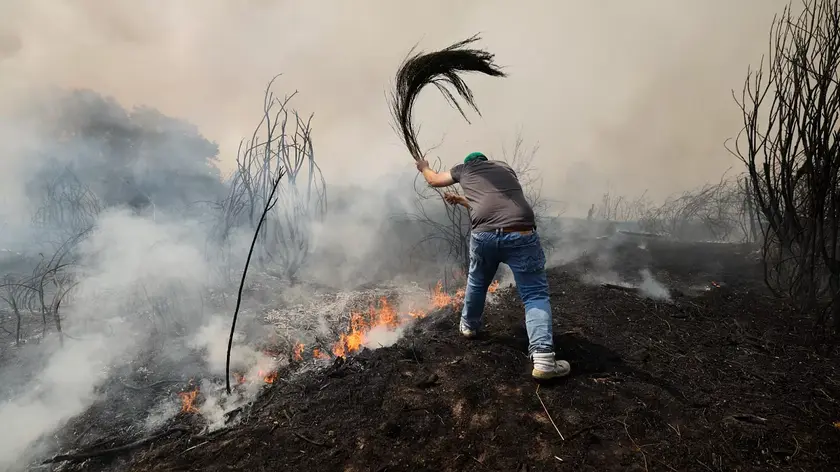
Wildfires in Iberian Peninsula
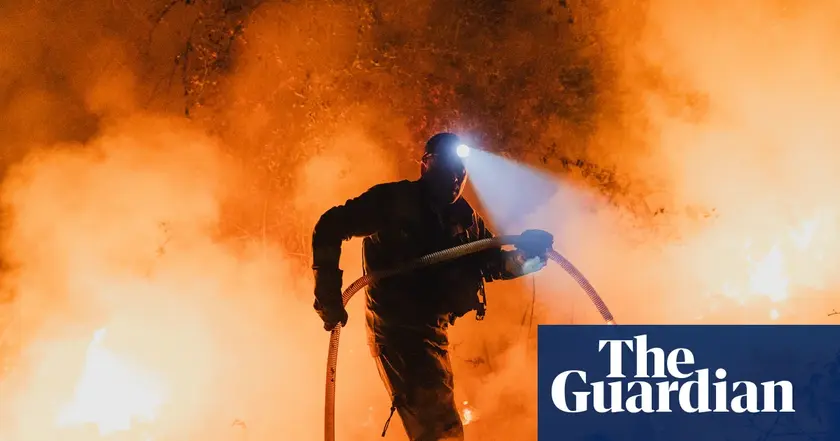
Wildfires test Europe’s climate resolve
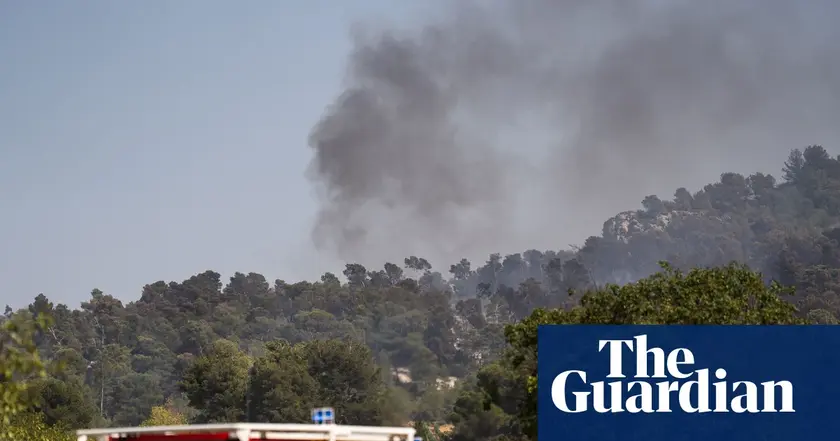
Southern Europe Endures Heatwave
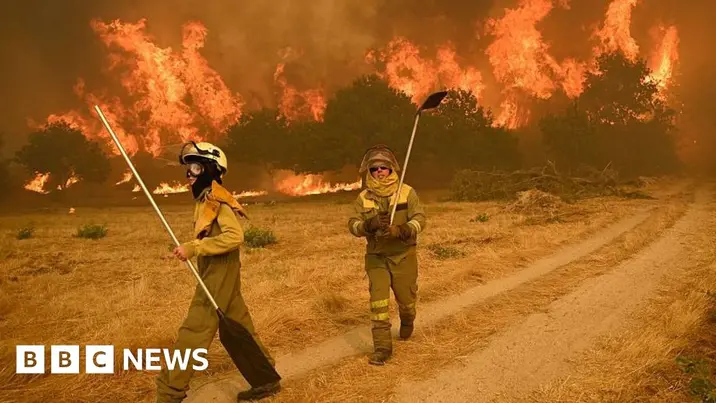
Spain Faces Extreme Wildfires
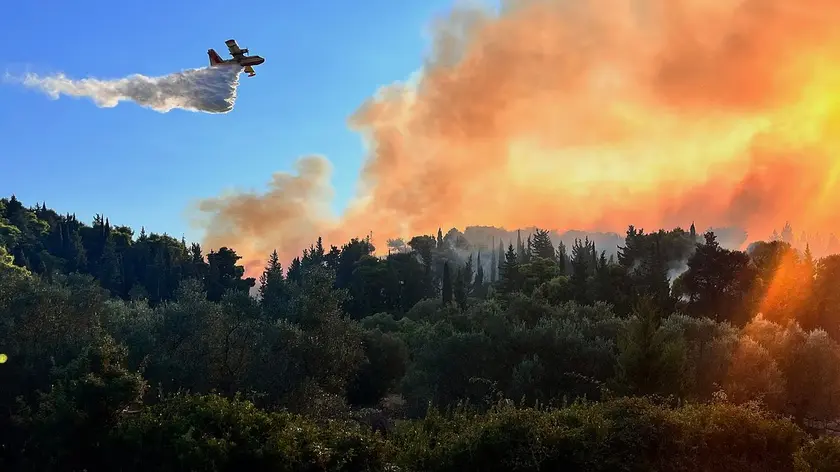
Greece battles wildfires as Patras evacuations rise
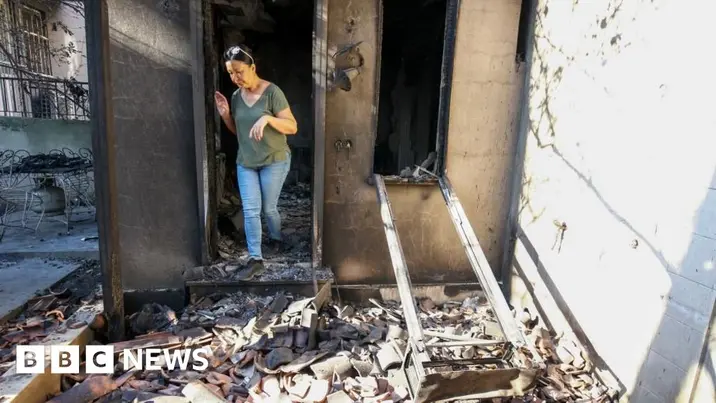
Heatwave and wildfires hit southern Europe

Europe faces record heat waves in 2025

Spain's heatwave leads to extreme temperatures
